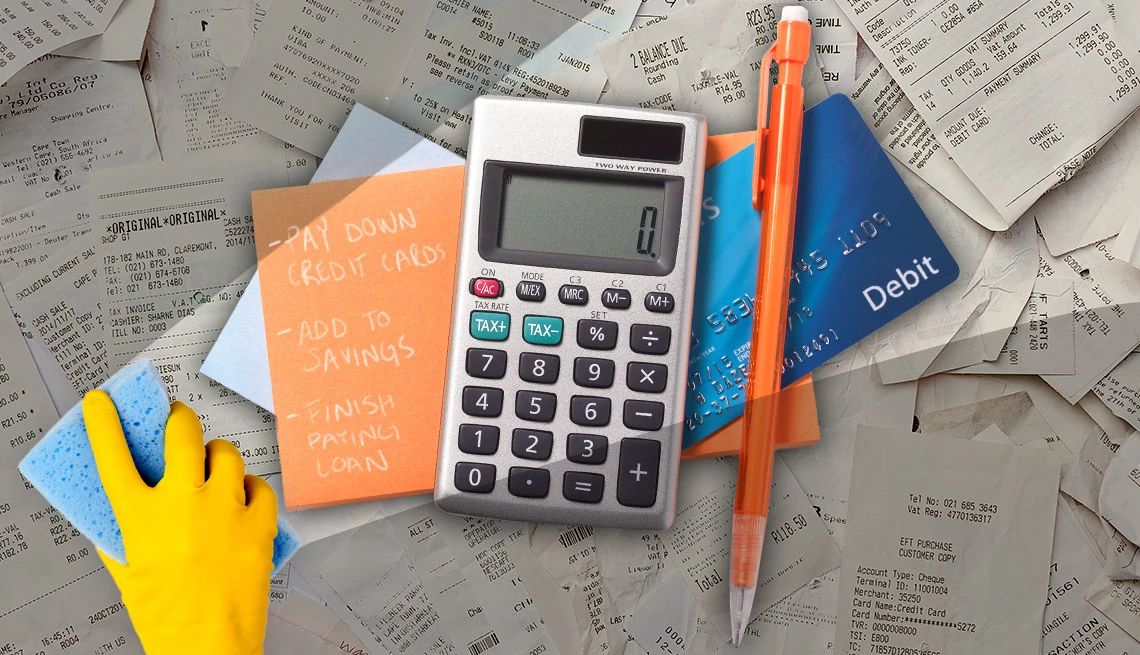
7 ways to get your finances in order this spring
- Select a language for the TTS:
- UK English Female
- UK English Male
- US English Female
- US English Male
- Australian Female
- Australian Male
- Language selected: (auto detect) - EN
Play all audios:

Forget cleaning out the closet, scrubbing the floors and washing the windows. The start of spring is an even better time to get your finances in order. “One thing on many people’s minds
is cleaning. But what if you put that cleaning energy to your financial house?” says consumer savings expert Andrea Woroch. Spring, she says, is "a good time to focus on refreshing your
spending and saving habits.“ That’s particularly true of people nearing or entering retirement. Half of retirees live on less than 50 percent of their preretirement income, according to
research from Goldman Sachs Asset Management. And roughly 40 percent of older adults rely on Social Security alone, which averages $1,913 a month, the National Council on Aging reports.
Whether you’re on a fixed income, have cash in the bank or are still working, a financial spring cleaning can help you save money, reset your priorities and get you closer to your short-
and long-term goals. 1. SPRUCE UP YOUR BUDGET “First and foremost, it’s a good time of year to take a fresh look at your budget and see how you’ve been doing during the first quarter,” says
Emily Irwin, head of Wells Fargo Bank's advice center. Assessing your budget means taking a realistic and detailed look at your spending patterns and identifying areas to cut expenses.
If you need help creating a budget, there are free resources available to older adults, including AARP’s Home Budget Calculator; the National Foundation for Credit Counseling, which offers
free access to NFCC Certified Counselors; and the Federal Trade Commission’s website, which has a budget sheet as well as free educational material covering different money matters. 2.
TACKLE CREDIT CARD DEBT Nearly half of older Americans ages 50-plus have credit card debt, according to a recent AARP survey. The study also found that 48 percent of older adults who carry
a balance from month to month owe $5,000 or more, and 28 carry a balance of $10,000 or more. To get out of a hole, experts say to apply any windfalls, such as a tax refund, to the debt.
Also, try to pay more than the minimum whenever possible. Money experts say to tackle the highest interest rate debt first, but if you need a quick psychological win, paying off the one with
a smaller balance may be the better option. “Know yourself a little bit to keep the path moving forward,” says Irwin.
